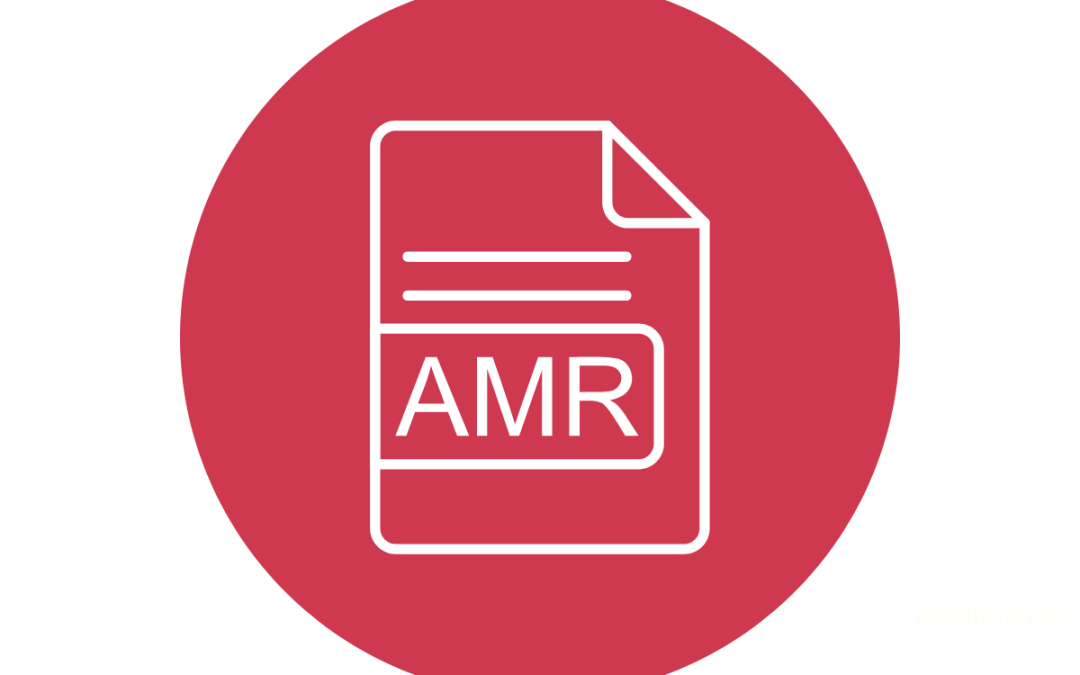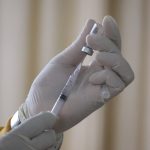In May 2024 the UK Government announced that it will commit up to £85 million to the “growing threat” of antimicrobial resistance (AMR). At an event hosted by the Royal Society, global leaders came together to agree actions for tackling AMR and to hear accounts from AMR survivors. In the same week, WHO released the updated Bacterial Priority Pathogens List (BPPL) 2024, which features 15 families of antibiotic-resistant bacteria for prioritisation.
UK investments
The following initiatives were announced by the government:
- Up to £50 million to partner with countries in Africa to improve access to essential antimicrobial drugs, building on work by the UK Global AMR Innovation Fund and local expertise.
- Up to £25 million including partnering with countries and territories in the Caribbean to strengthen AMR surveillance systems and enable accurate monitoring of threats, through regional partners such as the Caribbean Public Health Agency and PAHO. This builds on the existing investment in the Fleming Centre in London and will allow the government to explore how to support the delivery of AMR centres in alignment with the Fleming Initiative.
- Up to £10 million over 5 years to help establish a global independent scientific panel for AMR, modelled on the success of other international panels such as the Intergovernmental Panel on Climate Change (IPCC).
- Alongside these programmes, £1.8 million has been allocated to the creation of a dedicated team in MHRA to support creating novel antimicrobials and diagnostics.
The projects “build on ongoing international and domestic work” to prevent the spread of AMR. Health Minister Andrew Stephenson commented that AMR is a “threat the world must take extremely seriously” and could “render our most vital medicines useless”. UKHSA reports that in 2019 4.95 million global deaths were associated with drug-resistant bacterial infections. By 2050 this is set to rise to 10 million, and the global economic cost of this is calculated to be $100 trillion.
The Foreign Secretary, Lord Cameron, identified AMR as a “global emergency posing a vast threat to our health, our development, and our security”.
“We must do more to tackle this threat and do it together, because it is too big to tackle without united global action.”
Jeremy Hunt, Chancellor of the Exchequer, is “deeply concerned” about the threat AMR poses “not just to the UK but to the world”.
‘The COVID-19 pandemic was conclusive proof that health emergencies don’t respect borders. That’s why I’m proud that the UK continues to play a pivotal role in bringing countries together to tackle emerging global health threats.”
UK Special Envoy on AMR, Dame Sally Davies, suggested that the “emergency is an existential threat to communities everywhere”. Dame Davies was “honoured” to host the event, which “represents a pivotal milestone for the world to move forward together and play a part in safeguarding our antibiotics for generations to come”.
“I call on everyone to join us to make equity, One Health, and action the cornerstone of our next steps to tackle AMR.”
Dr Colin Brown, Deputy Director of Clinical and Emerging Infections at UKHSA, is concerned that “simple lifesaving interventions in the form of antimicrobials are in danger of becoming ineffective”.
“Tackling the issue is a priority for UKHSA but long-term success requires global action. For antimicrobials to remain available and work effectively for everyone, we need international surveillance to identify new areas of AMR and collaboration. We also need to ensure expertise is being shared to help uncover new approaches to therapies and diagnostics for treating drug-resistant diseases.”
WHO’s BPPL
WHO’s updated BPPL “incorporates new evidence and expert insights” to inform R&D for new antibiotics and “promote international coordination to foster innovation”. Dr Yukiko Nakatani, WHO’s Assistant Director-General for Antimicrobial Resistance ad interim, believes the list is “key” to “guiding investment and grappling with the antibiotics pipeline and access crisis”.
“Since the first Bacterial Priority Pathogens List was released in 2017, the threat of antimicrobial resistance has intensified, eroding the efficacy of numerous antibiotics and putting many of the gains of modern medicine at risk.”
Dr Jérôme Salomon, WHO’s Assistant Director-General for Universal Health Coverage, Communicable and Noncommunicable Diseases, stated that AMR “jeopardises our ability to effectively treat high burden infections”, which leads to “severe illness and increased mortality rates”.
The list
Critical priority:
- Acinetobacter baumannii, carbapenem-resistant;
- Enterobacterales, third-generation cephalosporin-resistant; and
- Enterobacterales, carbapenem-resistant;
- Mycobacterium tuberculosis, rifampicin-resistant (included after an independent analysis with parallel tailored criteria, and subsequent application of an adapted multi-criteria decision analysis matrix).
High priority:
- Salmonella Typhi, fluoroquinolone-resistant
- Shigella spp., fluoroquinolone-resistant
- Enterococcus faecium, vancomycin-resistant
- Pseudomonas aeruginosa, carbapenem-resistant
- Non-typhoidal Salmonella, fluoroquinolone-resistant
- Neisseria gonorrhoeae, third-generation cephalosporin- and/or fluoroquinolone-resistant
- Staphylococcus aureus, methicillin-resistant
Medium priority:
- Group A streptococci, macrolide-resistant
- Streptococcus pneumoniae, macrolide-resistant
- Haemophilus influenzae, ampicillin-resistant
- Group B streptococci, penicillin-resistant
AMR returns to the Congress agenda in Barcelona this year, so do get your tickets to be part of essential conversations on how the vaccine community can contribute to the addressing the problem, and don’t forget to subscribe for more insights here.





